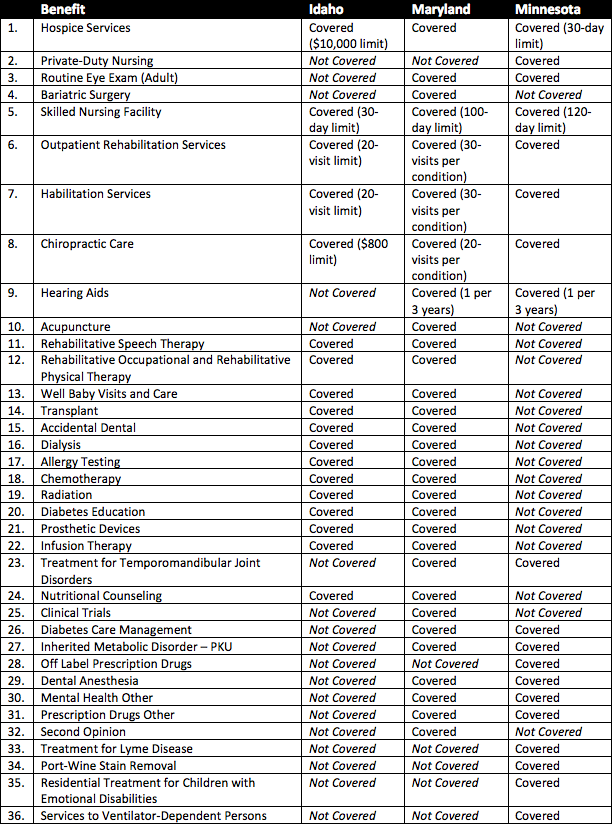
MacIver News Service | January 30, 2018
By Abby Streu
MADISON, Wis. – While it will take time to get there, American healthcare may soon see enough deregulation to slow or reverse skyrocketing costs in the era of Obamacare. The Department of Health and Human Services (HHS) recently issued a Request for Information promoting health care choice and competition across the United States. In response, a group of 45 free market activists and think tanks across America, including the MacIver Institute, joined together in laying out how the Trump administration can accomplish this.
Last week, the coalition submitted a letter to HHS proposing eight ways the Trump administration can encourage true competition in the health care industry – which will drive down the cost of healthcare.
If the industry is deregulated, increased freedom of choice in the health care marketplace will reduce the cost of health insurance and health care for American families. Even before the Patient Protection and Affordable Care Act (PPACA), also known as Obamacare, the health care industry in the United States was heavily regulated. Adding to that burden, the PPACA imposed numerous new requirements on businesses, insurers and citizens. Stifling regulations decrease the amount of competition and choice in the marketplace, keeping costs high. Between 2013 and 2017, the PPACA more than doubled health care premiums on the individual market.
The first proposal in the letter is for HHS to “let states define their own essential health benefits” – one of Obamacare’s most onerous regulatory burdens. Under Obamacare, the Department laid out four separate benchmarks of essential benefits that states must adopt. This one-size fits all mandate handcuffs states, driving up the cost of health care and eliminating many low-cost insurance options. People in Wisconsin may have very different healthcare needs compared to the people of Florida. To that end, the letter suggests that state governments be allowed to determine their own essential health benefits without interference from the federal government.

Another idea in the letter proposes that the Department “provide faster approval for Medicaid state plan amendments and waivers that implement other states’ successes.” Increased explanations and clarity on how the federal Department will evaluate waivers will aid states. This can be done by providing approval for plans that have already been successful in other states, which would increase efficiency and provide more choices to citizens.
Read the full letter here.